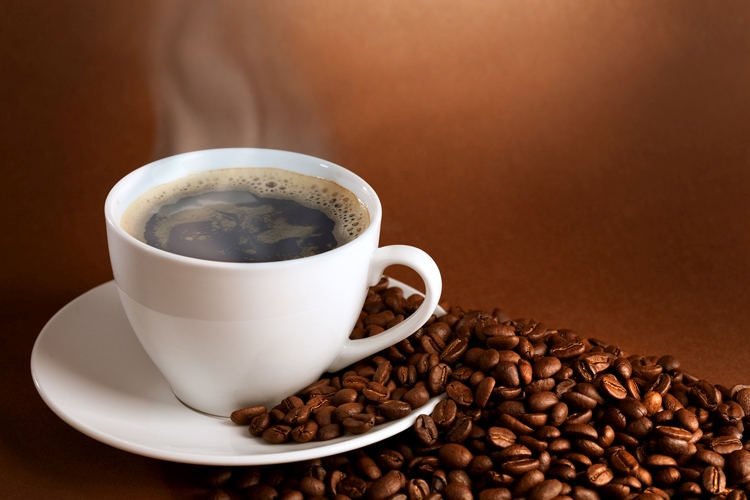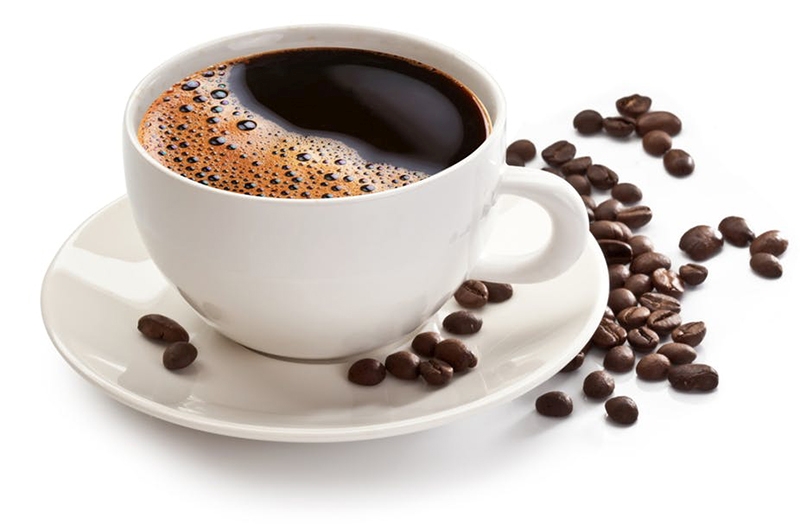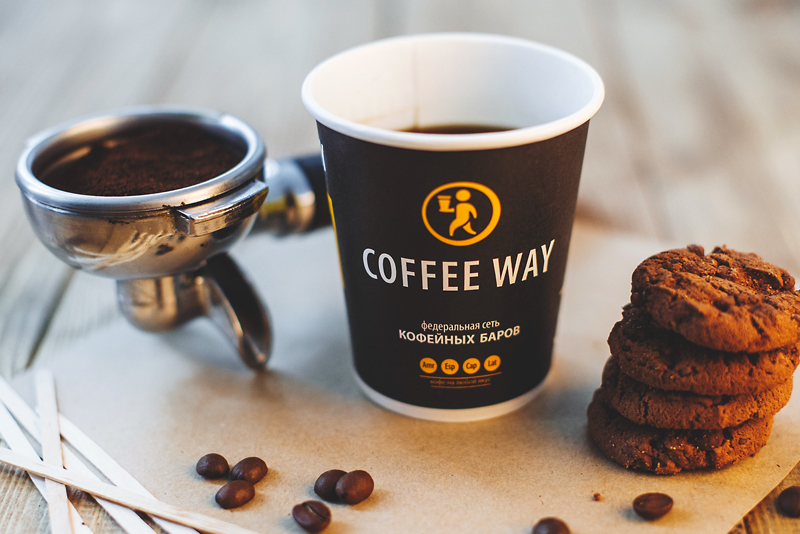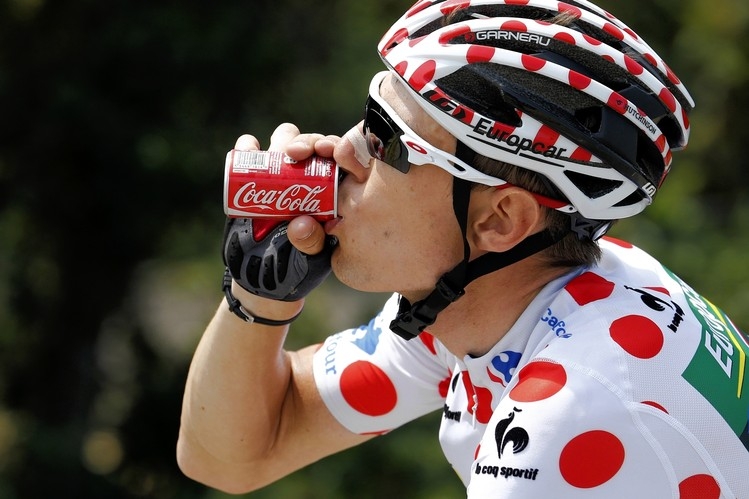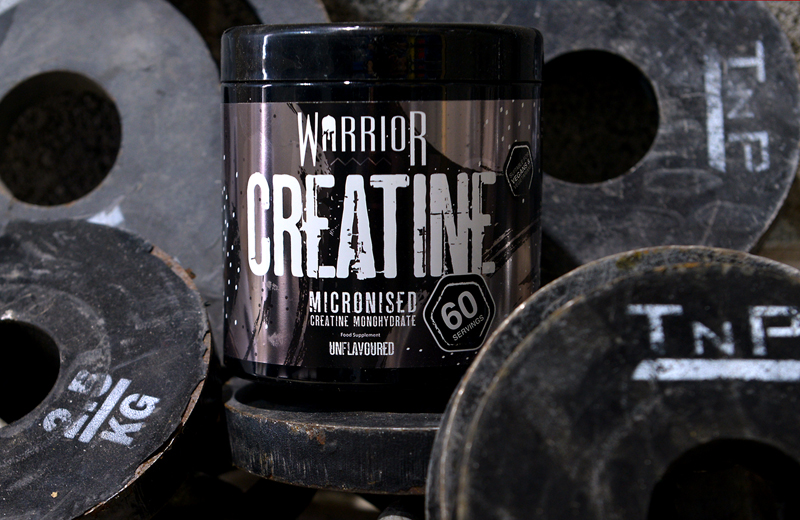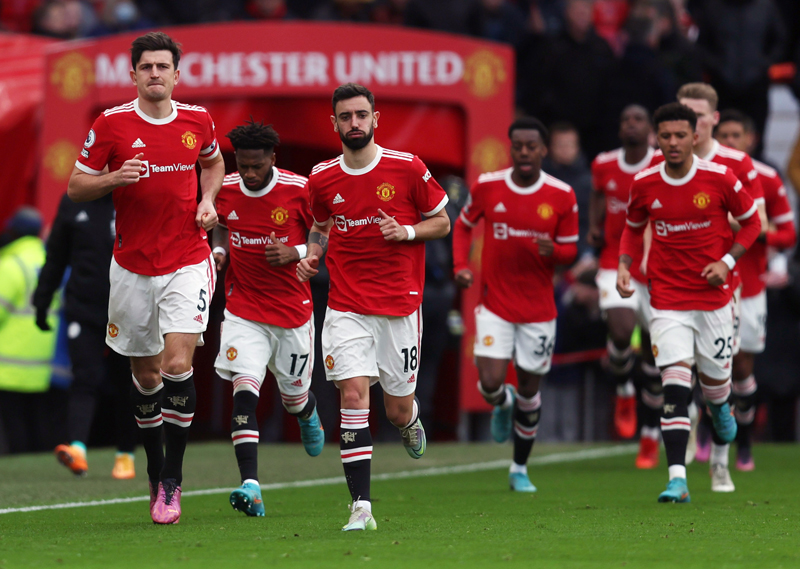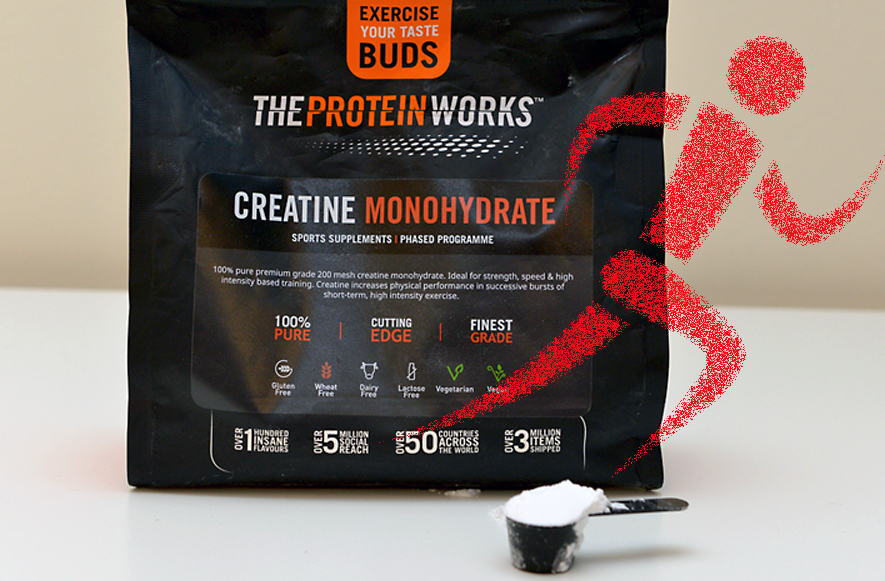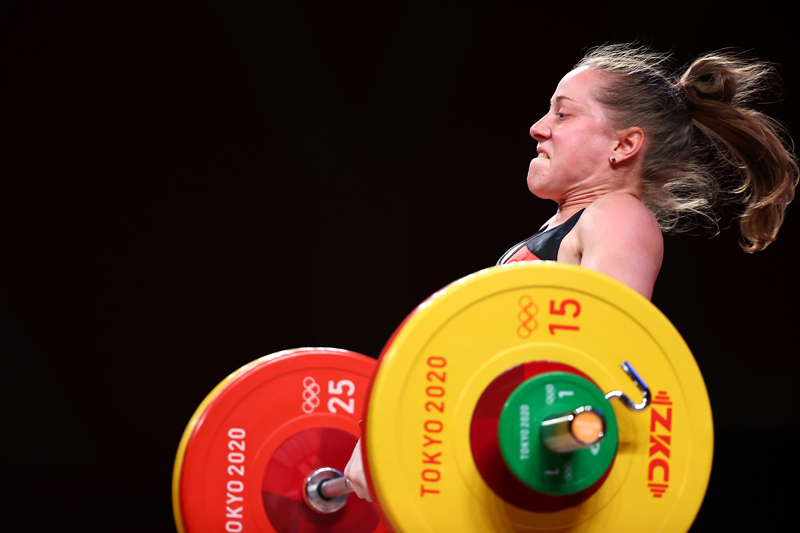You are viewing 1 of your 1 free articles. For unlimited access take a risk-free trial
Caffeine and performance: good news for cuppa lovers
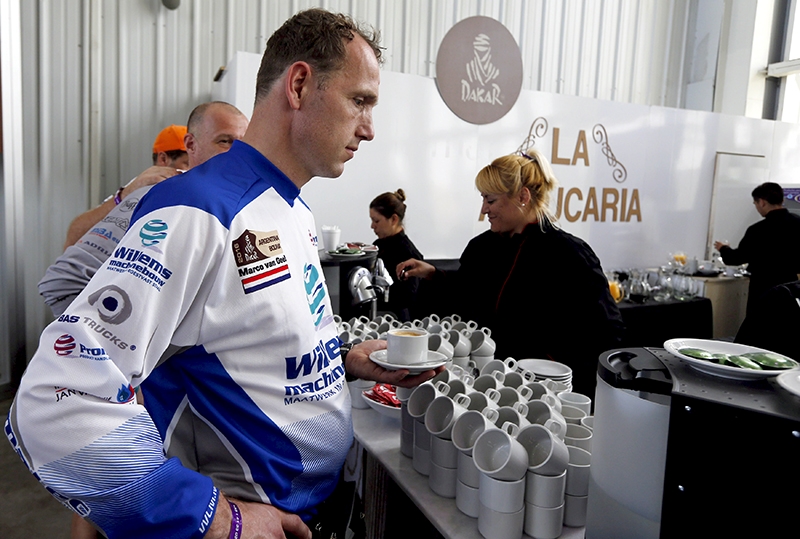 Caffeine is a popular supplement with endurance athletes for a very good reason: numerous scientific studies have demonstrated that it can significantly enhance performance by extending endurance and reducing fatigue, probably by blocking the passage of ‘fatigue signals’ to the brain. More recent studies have also shown that caffeine supplementation can benefit endurance athletes whose events involve shorter, more intense efforts such as middle and sprint distance running/rowing/ cycling/swimming etc.
Caffeine is a popular supplement with endurance athletes for a very good reason: numerous scientific studies have demonstrated that it can significantly enhance performance by extending endurance and reducing fatigue, probably by blocking the passage of ‘fatigue signals’ to the brain. More recent studies have also shown that caffeine supplementation can benefit endurance athletes whose events involve shorter, more intense efforts such as middle and sprint distance running/rowing/ cycling/swimming etc.However, one of the curious aspects of caffeine supplementation is that while it works extremely for most athletes, there’s a degree of individuality in response, with some athletes mysteriously failing to derive significant benefits. One theory for this is that in athletes who regularly consume dietary caffeine (tea, coffee, cola etc), there may be a degree of ‘habituation’ – ie caffeine tolerance can occur. This also explains why some athletes refrain from dietary caffeine in the run up to a race – in order to get the best bang for buck when it is used. However, some fairly recent research suggests that your day-to-day caffeine intake is irrelevant in determining your response to acute caffeine ingested before and during a race.
Cycling and daily caffeine intake
In one study by Brazilian scientists (a double-blind, crossover, counterbalanced study – the most rigorous kind of scientific study), 40 endurance-trained cyclists were allocated into tertiles according to their total daily caffeine intake from tea, coffee, cola etc [J Appl Physiol 123: 213–220, 2017]. These were as follows:- A low dietary intake (an average of 58mgs per day – around one mug of strong tea)
- A moderate dietary intake (an average of 143mgs per day – around two cups of coffee)
- A high dietary intake (an average of 351 mgs per day – that’s around five cups of coffee)
What they found
When the data was number crunched, the first finding was that (unsurprisingly), the cyclists performed significantly better when they took caffeine, averaging 29mins 55secs for the time trial (compared to 30mins 49secs and 31mins 08secs for the placebo and control trial respectively). More importantly, there was no difference in time trial times across the three tertiles, and the degree of improvement experienced by each cyclist was unrelated to the amount of caffeine he/she habitually consumed in the diet. The amount of caffeine consumed in the diet also bore no relationship to the levels of perceived exertion experienced when caffeine was/ wasn’t consumed before the time trial. J Appl Physiol (1985). 2017 May 11:jap.00260.2017. doi: 10.1152/japplphysiol.00260.2017. [Epub ahead of print]Implications for cyclists, triathletes and runners
The researchers concluded that the performance effects of acute caffeine supplementation during a 30-minute cycling time trial performance test were NOT influenced by the level of habitual caffeine consumption, which is great news for those who are habitual and long-term tea and coffee consumers. These findings also fit with some earlier research, which looked at cyclists who abstained from all dietary caffeine sources for four days before a time trial but ingested capsules twice daily containing either an inert placebo or caffeine (1.5mg per kilo of bodyweight per day)J Sports Sci. 2011 Mar;29(5):509-15. On the fifth day, capsules containing either placebo or caffeine (3.0mg per kilo of bodyweight per day) were ingested 90 minutes before completing a time trial of one hour of cycling at 75% of peak sustainable power output. This study found that performance was significantly improved after acute caffeine ingestion following a withdrawal period but also significantly improved following a period where caffeine wasn’t withdrawn. Moreover, the margin of improvement was around 3% in both these conditions.PRACTICAL SUGGESTIONS
- *Tolerance – the evidence suggests that habitual caffeine users do NOT develop tolerance to caffeine so there’s no need to forgo your daily cuppa(s) in order to benefit from caffeine as a performance enhancer.
- *Caffeine dose – unless your event is very short (30 minutes or less), stick to a dose of around 3mgs/kg. There’s little evidence that higher doses (eg 6 or 9mgs/kg) will provide extra performance benefits – indeed they may hinder your performance.
- *Individuality – while most users respond well to caffeine, some do not (almost certainly as a result of individual genetics). If you don’t respond to the recommended caffeine dose (around 3mgs/kg) you should not try higher and higher doses as they are still unlikely to work!
- *Timing – if your event is short and intense, try taking caffeine nearer to the start time and no longer than 30 minutes beforehand.
Newsletter Sign Up
Testimonials
Dr. Alexandra Fandetti-Robin, Back & Body Chiropractic
Elspeth Cowell MSCh DpodM SRCh HCPC reg
William Hunter, Nuffield Health
Newsletter Sign Up
Coaches Testimonials
Dr. Alexandra Fandetti-Robin, Back & Body Chiropractic
Elspeth Cowell MSCh DpodM SRCh HCPC reg
William Hunter, Nuffield Health
Keep up with latest sports science research and apply it to maximize performance
Today you have the chance to join a group of athletes, and sports coaches/trainers who all have something special in common...
They use the latest research to improve performance for themselves and their clients - both athletes and sports teams - with help from global specialists in the fields of sports science, sports medicine and sports psychology.
They do this by reading Sports Performance Bulletin, an easy-to-digest but serious-minded journal dedicated to high performance sports. SPB offers a wealth of information and insight into the latest research, in an easily-accessible and understood format, along with a wealth of practical recommendations.
*includes 3 coaching manuals
Get Inspired
All the latest techniques and approaches
Sports Performance Bulletin helps dedicated endurance athletes improve their performance. Sense-checking the latest sports science research, and sourcing evidence and case studies to support findings, Sports Performance Bulletin turns proven insights into easily digestible practical advice. Supporting athletes, coaches and professionals who wish to ensure their guidance and programmes are kept right up to date and based on credible science.
